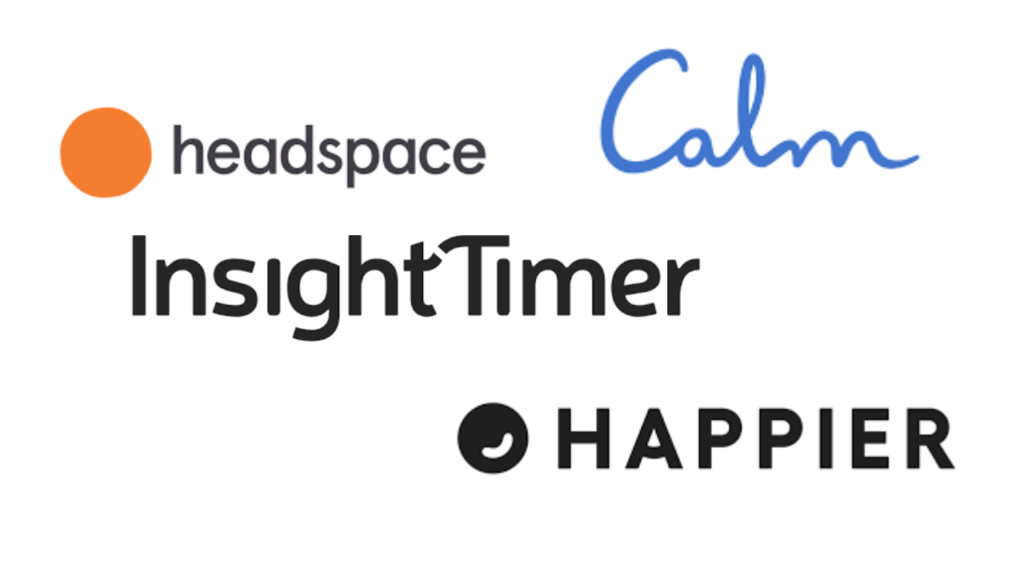
Artificial Intelligence (AI) is revolutionizing the field of mental health care, offering innovative solutions that are reshaping how we understand, diagnose, and treat mental health conditions. With the growing demand for accessible and effective mental health support, AI is stepping in to bridge critical gaps in care.
One of the most significant contributions of AI is its ability to provide immediate and accessible support through chatbots and mental health apps. These tools use natural language processing to engage users in therapeutic conversations, offer coping strategies, and provide resources for stress, anxiety, or depression. For those hesitant to seek traditional therapy or unable to access it due to financial or geographic barriers, these AI-driven solutions can be a lifeline.
Beyond accessibility, AI is enhancing the accuracy of mental health diagnoses. Machine learning algorithms analyze vast amounts of data—such as patient history, behavioral patterns, and even voice tone—to identify early signs of mental health issues. This predictive power allows clinicians to intervene earlier, often improving the chances of successful treatment.
AI is also making mental health care more personalized. By analyzing individual responses to therapy or medication, AI systems can recommend tailored treatment plans, ensuring that interventions are better suited to each person’s unique needs. This level of customization enhances efficiency and can lead to better outcomes for patients.
However, the integration of AI into mental health care isn’t without challenges. Ethical concerns about data privacy, the risk of misdiagnosis, and the importance of human empathy in therapy remain critical considerations. While AI can augment care, it’s not a replacement for the human connection that forms the foundation of effective mental health treatment.
As AI continues to evolve, it holds tremendous promise for transforming mental health care into a more accessible, personalized, and effective system. By combining the strengths of technology with the expertise of mental health professionals, we can create a future where mental health support is available to all who need it.






